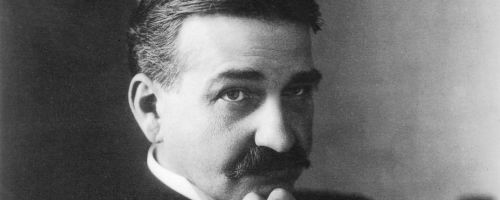Here
is a film that is generally true to the text, especially in the first half of
the action, but there were a couple key differences that will make fans of the
novel gasp. There was no devastating flood at the end, for example, and since
it was the forties, no breastfeeding of emaciated old men in barns. The ‘second-half’
sequence of events was reshuffled slightly so that the book’s happy interlude
of life in the government camp was bumped to the end of the movie- to
manufacture a happy ending where Steinbeck provided none.
But
there are certain touching scenes that are right out of Steinbeck’s
masterpiece: the kindly truckers in a Route 66 roadside diner, who leave huge
tips to compensate the owners for their own kindness to the Joads, the kids’
wonder at the flushing toilets in the government camp, and the handwritten note
stuffed in a jar next to the grandfather’s hastily buried body, just to name a
few. The casting and acting is first-rate (except maybe for the sideshow character of Casy, who comes off as a village idiot.) In short, there’s a lot to love for Steinbeck nation.
In
fact, if you thought the book was too dark and overly political, you’ll
probably love the film- it’s a classic. But if you’re a literary adaptation purist,
some of the changes may not sit well with you obviously. It is a gorgeous film,
however, and it’s worth checking out if only to see Jane Darwell’s
Oscar-winning performance as Ma Joad. (Henry Fonda is no slouch as Tom, and John
Ford also took home the Oscar for best Director.) Give it a watch.








